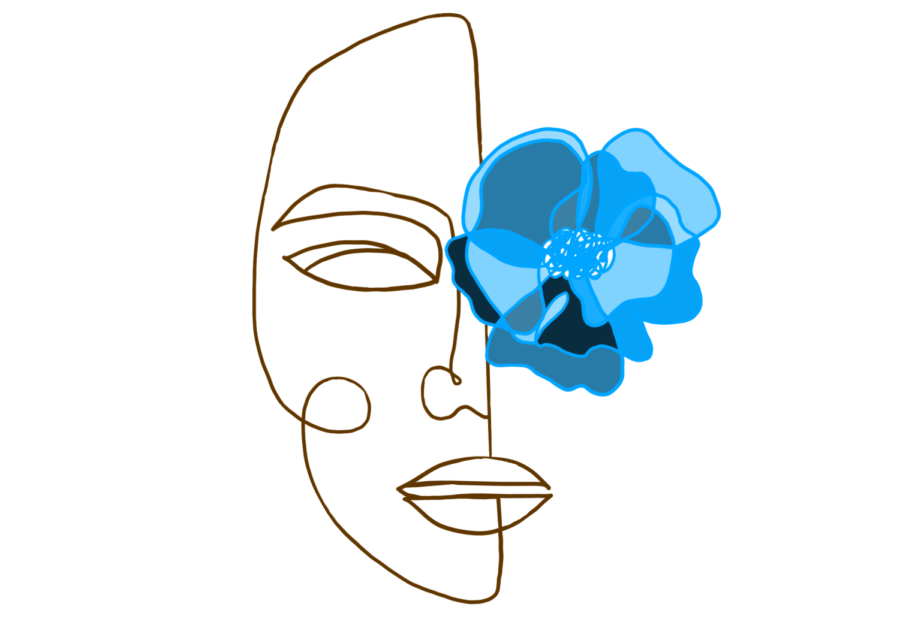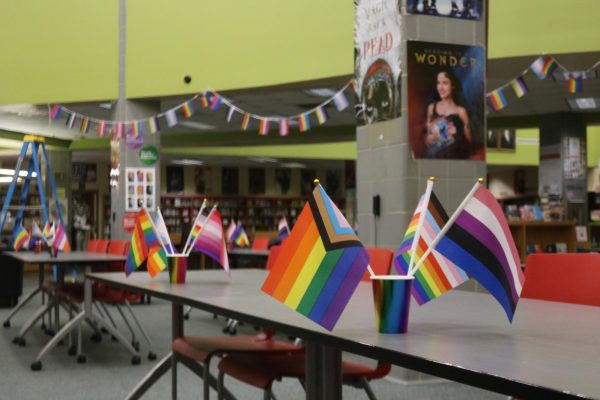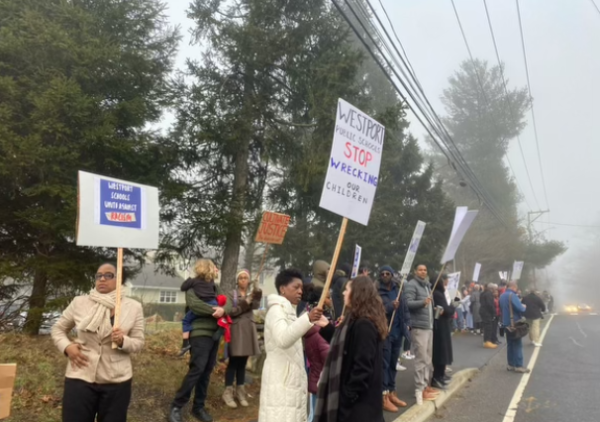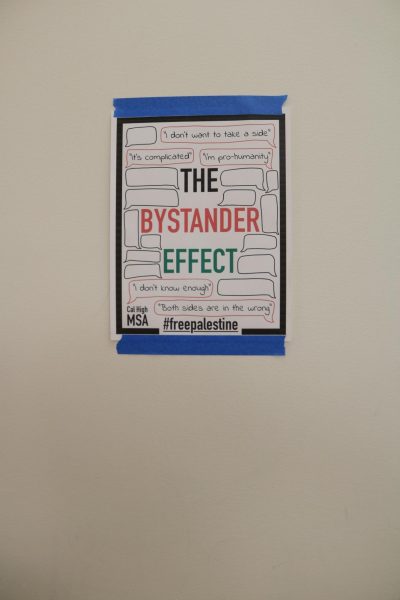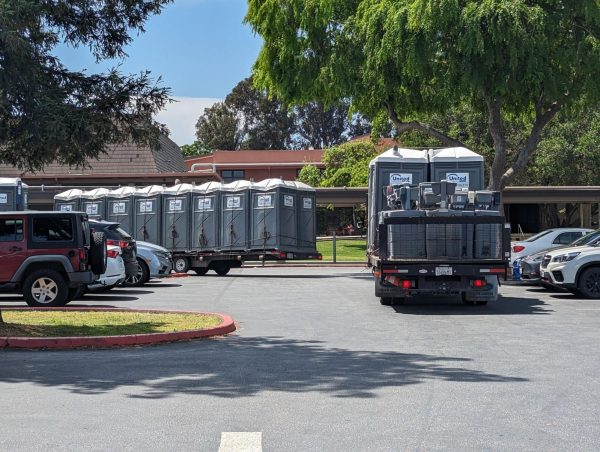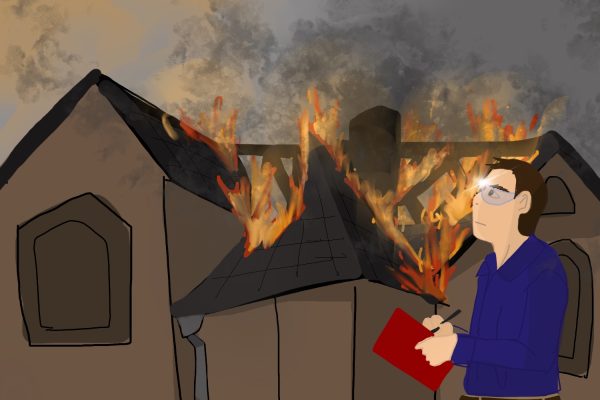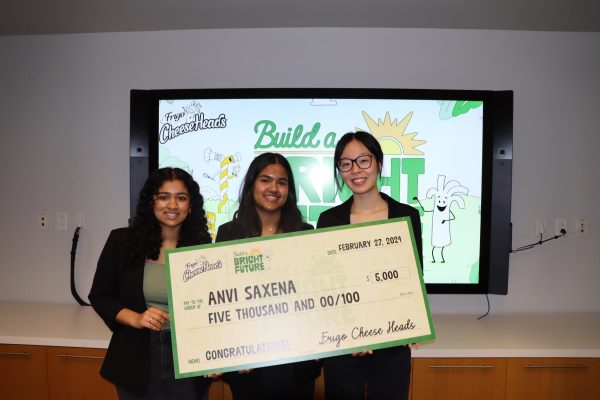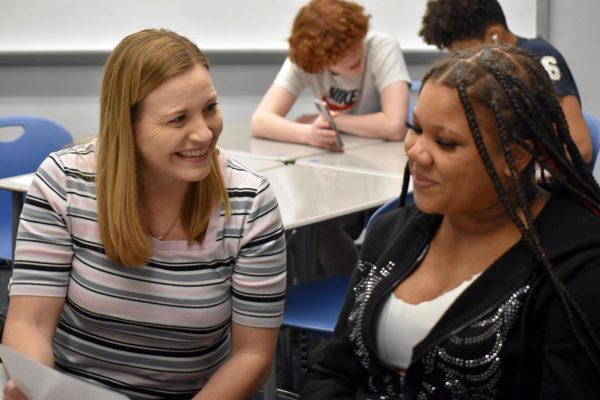WSD Bans Book, Deeming The Selection Inappropriate
‘The Bluest Eye’ has been removed from all libraries within the district
Toni Morrison, author of “The Bluest Eye,” received the Nobel Prize for Literature in 1993.
February 3, 2022
The Wentzville School District’s Board of Education historically voted to remove all copies (physical and digital) of “The Bluest Eye” by Toni Morrison from libraries on Jan. 20. It is important to note that this book, published in 1970, was not required by any curriculum used within the district, and the title is only mentioned as a supplementary reading for students for one particular course taught exclusively in high schools.
“The Bluest Eye” was formally challenged by a community member on Sept. 30, citing themes of pedophilia, incest, and rape. The book is one of eight that have been challenged during the 2021-2022 school year.
At the most recent Board of Education meeting, Director Shannon Stolle originally made a motion that night, to “move ‘The Bluest Eye’ by Toni Morrisson to the restricted list for AP classes only with parent opt-in requirement.” This would have removed the book from all Wentzville libraries and only allow for the book to be read upon a parent’s explicit approval. In a roll call vote, the motion failed, 4-3.
After more discussion, Secretary Dale Schaper made a second motion to simply “not to retain the book.” This motion passed 4-3.
Ayes: Sandy Garber, Shannon Stolle, Dale Schaper, Dan Brice
Nays: Erin Abbott, Betsy Bates, Jason Goodson
Many who came to watch the meeting the night of Jan. 20 were expecting to see a discussion about COVID-19, but stayed to witness the district’s first ever ban on a book. But as indicated by how long it has been since the title was challenged and other national headlines regarding the barring of select titles from public school libraries, this issue has been simmering under the surface for a while.
According to the book’s summary, “‘The Bluest Eye’ is the story of 11-year-old Pecola Breedlove—a black girl in an America whose love for its blond, blue-eyed children can devastate all others—who prays for her eyes to turn blue: so that she will be beautiful, so that people will look at her, so that her world will be different. This is the story of the nightmare at the heart of her yearning and the tragedy of its fulfillment.”
The debut novel Nobel-Prize-Winning-Author Toni Morrison has been continually included in the American Library Association’s list of most challenged books. As of 2020, “The Bluest Eye” ranks No. 9 on the list, citing reasons such as “sexually explicit” and “depicts child sexual abuse.”
How does a book get removed?
Currently, there are seven other books that have been formally challenged by constituents of the Wentzville School District:
- Lawn Boy, Jonathan Evison
- Heavy: An American Memoir, Kiese Laymon
- All Boys Aren’t Blue, George M. Johnson
- Fun Home, A Family Tragicomic, Alison Bechdel
- Gabi, A Girl in Pieces, Isabel Quintero
- Modern Romance, Aziz Ansari
- Invisible Girl, Lisa Jewell
“All Boys Aren’t Blue” by George M. Johnson, “Fun Home: A Family Tragicomic” by Alison Bechdel, and “Heavy: An American Memoir” by Kiese Laymon were removed after district librarians reassessed the books in accordance with Board Regulation 6310. This regulation gives librarians the right to “remove materials from the library that are no longer useful [to maintain] a collection which is timely, reliable, and inviting.”
Wentzville community member Amber Crawford filed a formal challenge against “The Bluest Eye” on Sept. 30, 2021. As soon as a formal challenge is submitted, the book in question is removed from circulation in both physical and digital form. In the Wentzville School District, the only buildings that had physical copies of “The Bluest Eye” were Holt High School, Timberland High School, and North Point High School.
According to the Assistant Superintendent of Teaching & Learning Dr. Keri Skeeters, community members must follow a formal process to challenge any type of media.
“There is a form that the community member completes, which asks them to provide several pieces of information— what they object to, what level they object it for (grade level, course requirements), and then they submit that to the superintendent,” Skeeters said.
Once the board receives the formal challenge, the book is removed from libraries, classrooms, and ebook circulation. Within 15 days of receiving the challenge, a committee made up of nine people is then formed to read the book. During a 20-day process of the review process beginning, “the committee shall meet, review the written request for reconsideration, read the questioned materials, evaluate, and prepare a written report of its findings and recommendations to the Superintendent of Schools.” (Regulation 6241, BoardDocs)
The committee formed to review “The Bluest Eye” voted to retain the book on Jan. 13. The final verdict was made up of six votes to retain the book, two votes to retain with restriction, and one vote to not retain. The committee’s report cited reasons such as that “students are not assigned this book, but rather it is a choice that is one of thousands of books in the library,” and that “as part of an AP choice reading list, it is important for the library to retain this book so students can have access.” Read the full report here.
“In my time in the curriculum department for about 15 years, we have not had a book removed from the library or from classrooms,” Dr. Skeeters said.
Community Opinion
As evidenced by the current status of “The Bluest Eye” in Wentzville libraries, the book is not available for students to check out using district services. The removal of the book caused mixed reactions among teachers, students, and community members.
AP Literature & Composition teacher Mrs. Tarrant-Oliphant understands parents’ concerns about the sensitive topics covered in the selection, but feels as though books like “The Bluest Eye” are important for young adults (high school students) to have access to and experience.
“I think that when we’re talking about high school students, I think there has to be a point where we trust educators to help students through the tougher and more explicit pieces of literature that tell real world dilemmas,” Tarrant-Oliphant expressed. “Students need to develop the skills to think critically about situations and be a better global citizen; as opposed to having a limited view on what they see in a Wentzville classroom.”
There are difficult and uncomfortable topics that come up in this text, but difficult and uncomfortable topics come across our doorways all the time. Insulating people from education is, quite frankly, the first step of oppression. Taking literature and books away is what happens when you want people to stop thinking for themselves.
— Mrs. T.O.
Many community members felt uncomfortable with the principle of the Board of Education having the power to ban books based on what they deemed “appropriate.” Wentzville is not alone in facing a surge in challenged material — this is occurring in districts all across the country.
“There are difficult and uncomfortable topics that come up in this text, but difficult and uncomfortable topics come across our doorways all the time,” explained Tarrant-Oliphant. “Insulating people from education is, quite frankly, the first step of oppression. Taking literature and books away is what happens when you want people to stop thinking for themselves. It’s not right.”
As referenced in the College Board’s AP Central, “The Bluest Eye” has previously been used as a supplementary text by teachers of “AP Literature & Composition.” Currently, Liberty High School’s teacher of this course, Mrs. Tarrant-Oliphant, does not include this book as a part of her curriculum. The only mention of Toni Morrison in the curriculum for AP Literature & Composition in the Wentzville School District is in a section called “Representative Authors” in which the College Board has listed authors by genre to “suggest the range and quality of reading expected in the course.”
On the other hand, many who support the removal of this book are relieved that this title is not available to students anymore. Crawford spoke at the October board meeting and urged Superintendent Dr. Cain to remove the book permanently after she had not heard back from the challenge committee.
“This is in no way appropriate (for) a school library,” Crawford said during the public forum portion of the meeting.
Community members who were against “The Bluest Eye” being in libraries continued to speak at board meetings, leading up to the January 2022 meeting where the fateful decision was made.
Vanessa Hagedorn expressed her frustrations toward the board at the November meeting, saying “Why, why, why are us parents, who just want to protect our children, jumping through hoops to get this trash removed?”
Even Timberland student Robert Warren came to declare his stance on the challenged material and spoke at the December public forum.
“After I read some of these books, I was grossed out and it made me uncomfortable,” Warren said.
Beyond Wentzville
The banning of “The Bluest Eye” has garnered attention outside of the district, resulting in multiple articles from local sources such as Fox 2 Now, KMOV 4, the St. Louis Post Dispatch; and national sources such as TODAY.com and TIME.
Groups that advocate for civil liberties such as the American Civil Liberties Union and the Missouri Libraries Association have begun to speak out about the Wentzville BOE’s decision.
Tony Rothert, director of integrated advocacy at ACLU of Missouri, spoke to the Post Dispatch on the matter, stating “it appears to be a serious First Amendment violation.”
The Intellectual Freedom Committee of the Missouri Libraries Association sent a letter to the board and Superintendent Dr. Cain on Jan. 28 about their decision, encouraging them to “reexamine the depth of your commitment to education in the truest sense, and to find your courage in the face of baseless political grandstanding at the expense of educators and students in your district.”
They went on to express a major underlying issue that seems to plague the multiple challenged materials across the nation: the books contain perspectives of those who belong to marginalized groups— mainly BIPOC and queer communities.
“Challenges such as those to Toni Morrison’s work are on the rise nationally, and part of an organized effort to undermine the civil and intellectual rights of students, particularly those from historically marginalized groups (e.g., BIPOC and LGBTQ+ students),” the letter explained.
This story was originally published on Liberty Ledger on January 31, 2022.



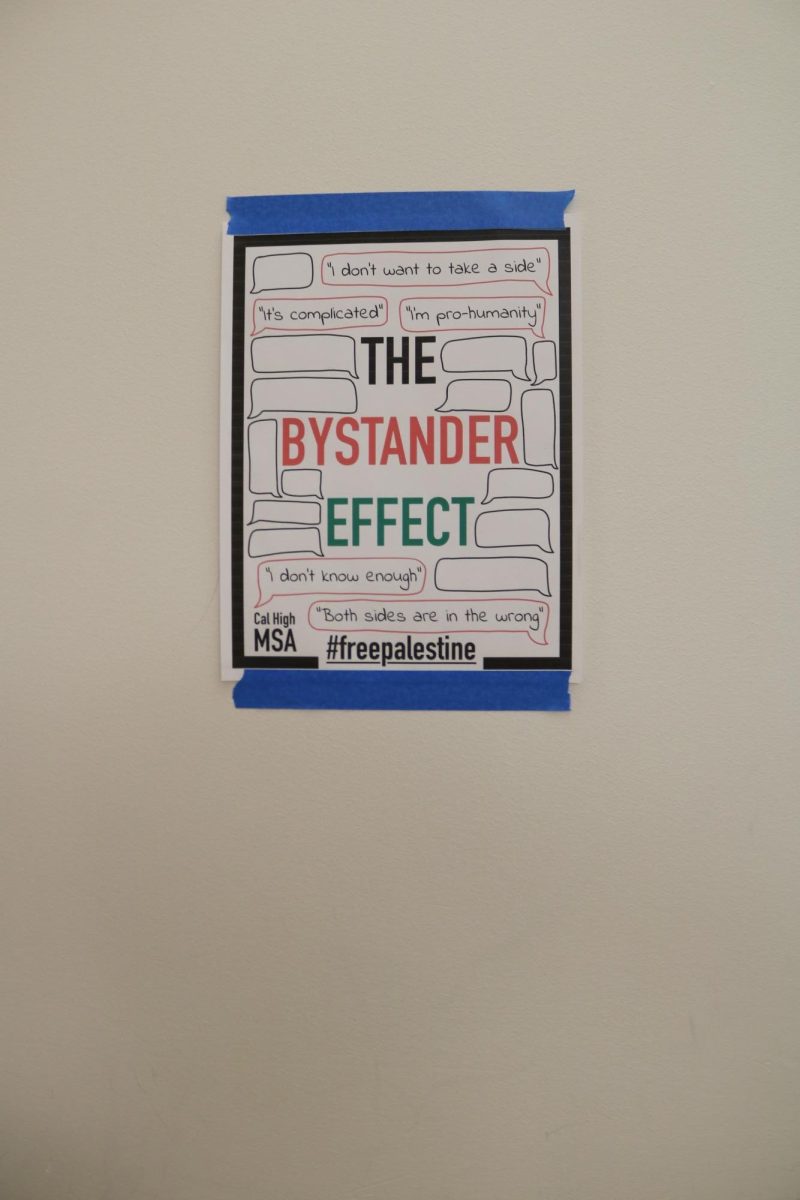








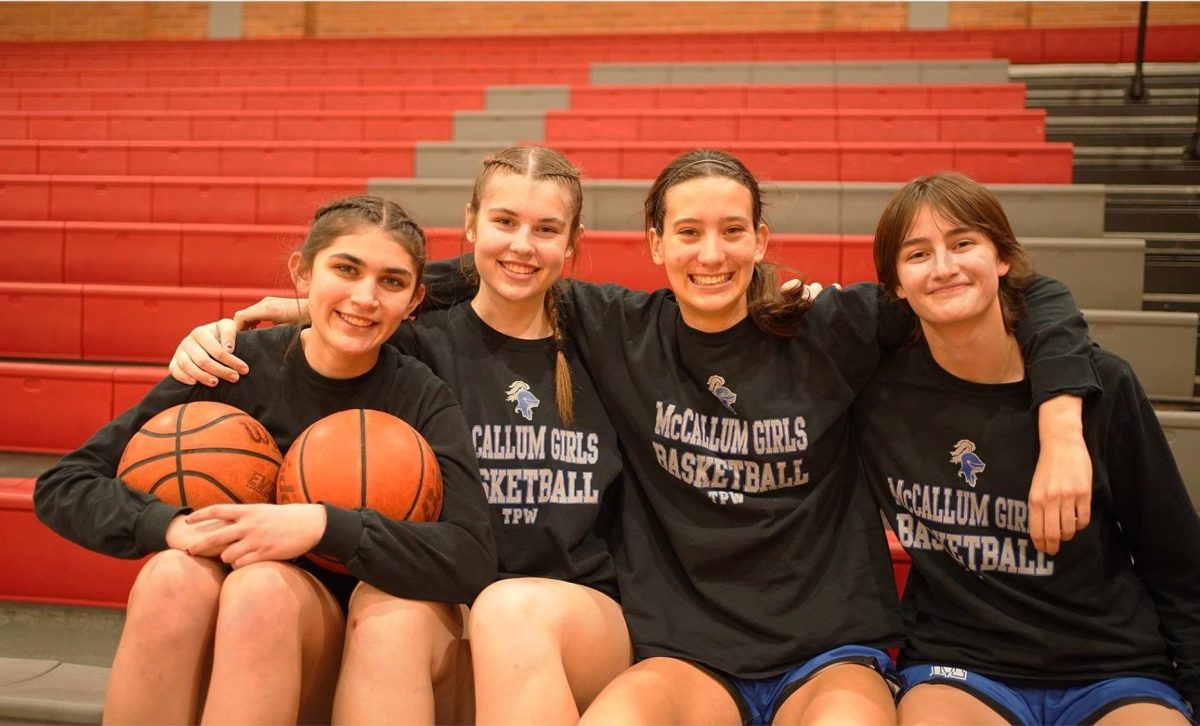


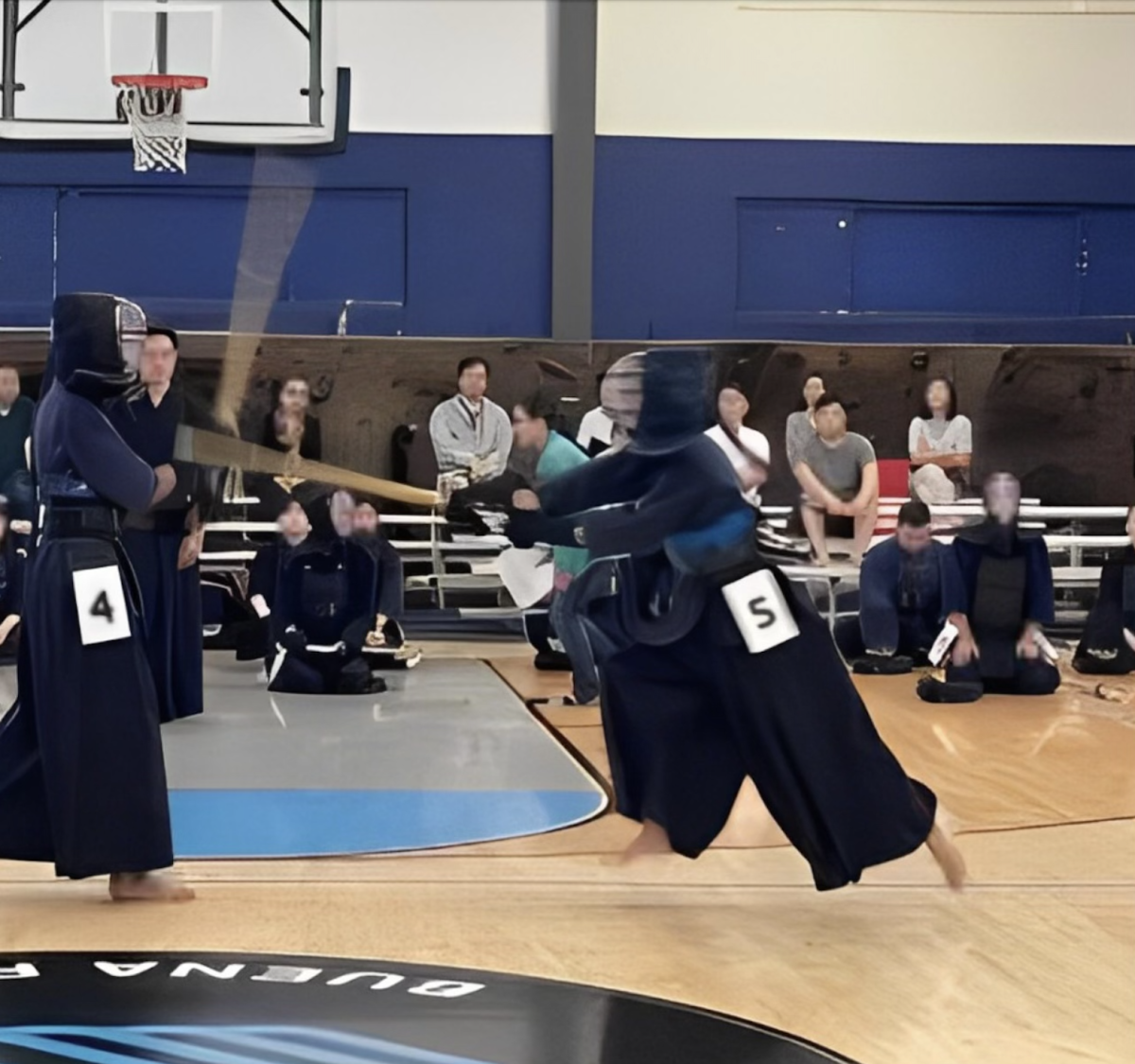
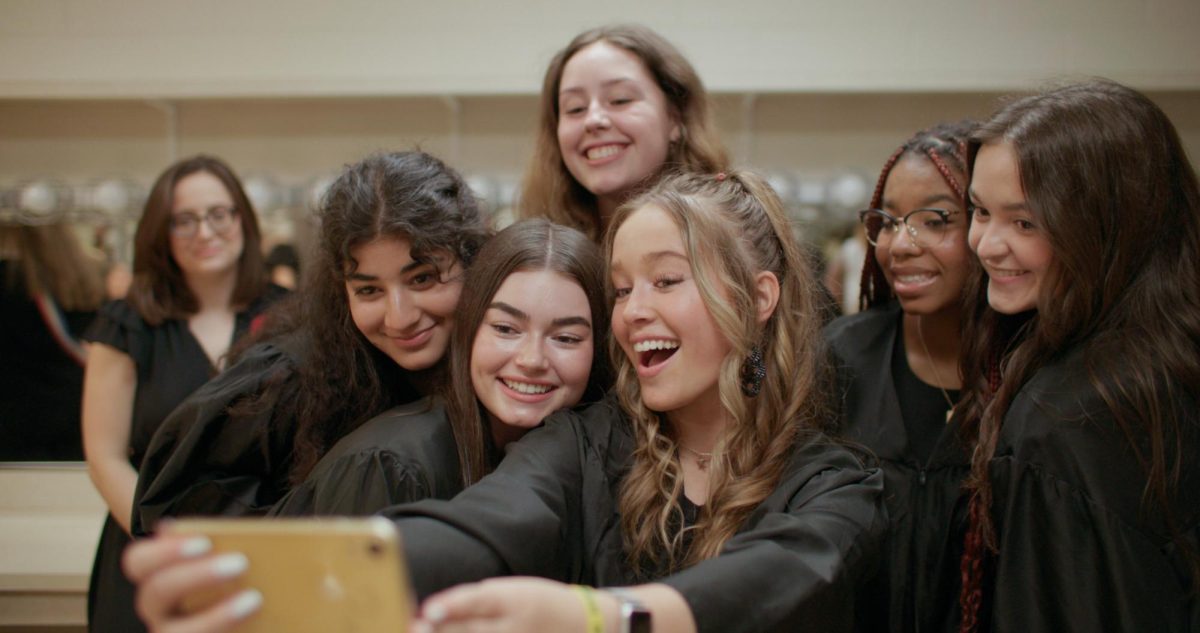
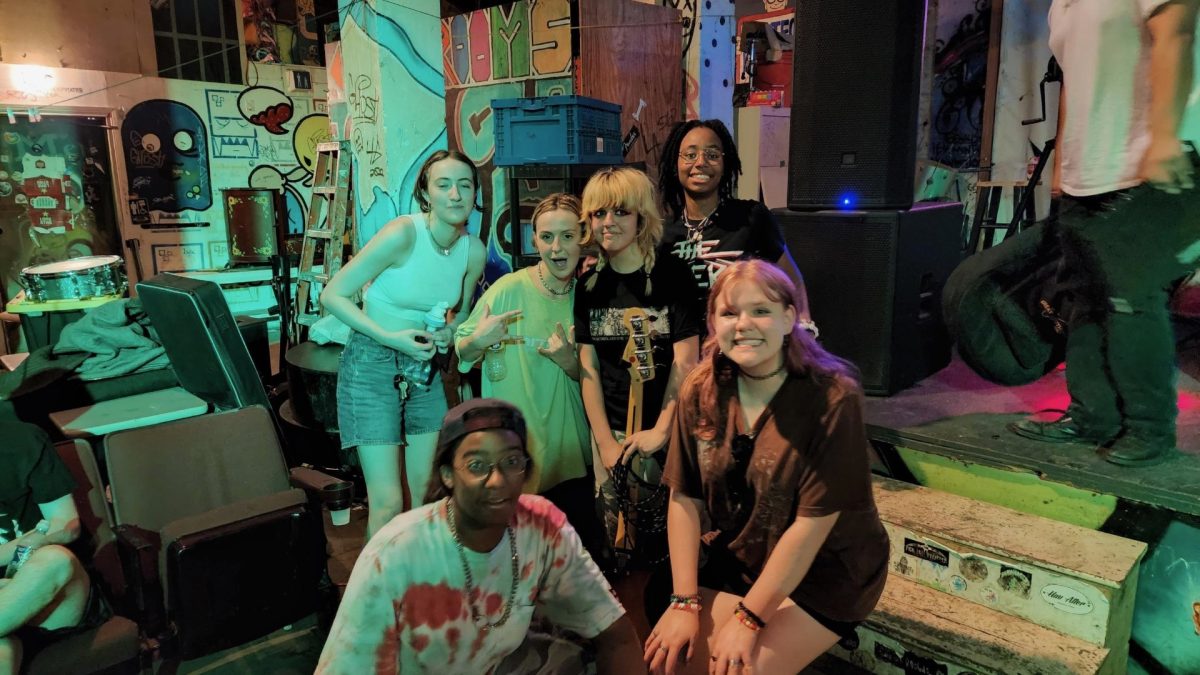
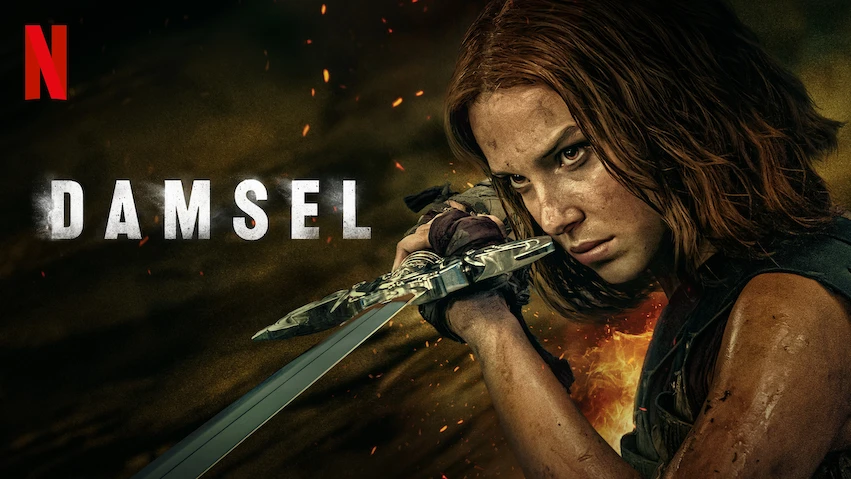













![IN THE SPOTLIGHT: Junior Zalie Mann performs “I Love to Cry at Weddings,” an ensemble piece from the fall musical Sweet Charity, to prospective students during the Fine Arts Showcase on Wednesday, Nov. 8. The showcase is a compilation of performances and demonstrations from each fine arts strand offered at McCallum. This show is put on so that prospective students can see if they are interested in joining an academy or major.
Sweet Charity originally ran the weekends of Sept. 28 and Oct. 8, but made a comeback for the Fine Arts Showcase.
“[Being at the front in the spotlight] is my favorite part of the whole dance, so I was super happy to be on stage performing and smiling at the audience,” Mann said.
Mann performed in both the musical theatre performance and dance excerpt “Ethereal,” a contemporary piece choreographed by the new dance director Terrance Carson, in the showcase. With also being a dance ambassador, Mann got to talk about what MAC dance is, her experience and answer any questions the aspiring arts majors and their parents may have.
Caption by Maya Tackett.](https://bestofsno.com/wp-content/uploads/2024/02/53321803427_47cd17fe70_o-1-1200x800.jpg)
![SPREADING THE JOY: Sophomore Chim Becker poses with sophomores Cozbi Sims and Lou Davidson while manning a table at the Hispanic Heritage treat day during lunch of Sept 28. Becker is a part of the students of color alliance, who put together the activity to raise money for their club.
“It [the stand] was really fun because McCallum has a lot of latino kids,” Becker said. “And I think it was nice that I could share the stuff that I usually just have at home with people who have never tried it before.”
Becker recognizes the importance of celebrating Hispanic heritage at Mac.
“I think its important to celebrate,” Becker said. “Because our culture is awesome and super cool, and everybody should be able to learn about other cultures of the world.”
Caption by JoJo Barnard.](https://bestofsno.com/wp-content/uploads/2024/01/53221601352_4127a81c41_o-1200x675.jpg)




